inheriting 2 miniature donkeys
booboy
17 years ago
Related Stories
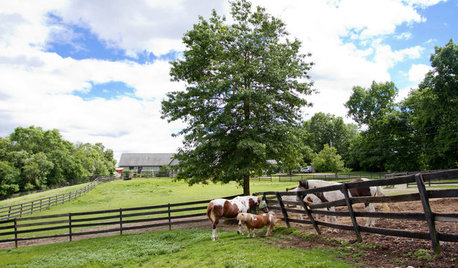
HOUZZ TOURSMy Houzz: New York Farmhouse With a Western Feel
Fourteen acres, 30 animals and 2 owners who love country style make for one happily traditional farmhouse
Full Story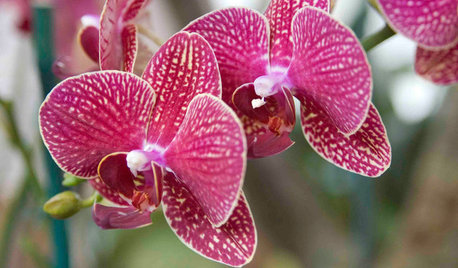
HOUSEPLANTSOrchids 101: How to Keep Your Moth Orchids Alive and Blooming
Growing Phalaenopsis — and getting it to flower again — is easier than you might think
Full Story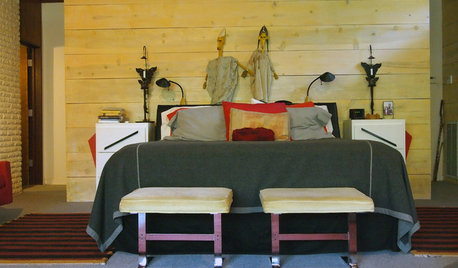
HOUZZ TOURSMy Houzz: African Art and Midcentury Style in a Louisiana Home
Global mementos and classic modern furnishings come together in a couple’s one-of-a-kind home and artist’s studio-residence
Full Story
HOLIDAYSCollecting Christmas Ornaments That Speak to the Heart
Crafted by hand, bought on vacation or even dug out of the discount bin, ornaments can make for a special holiday tradition
Full Story
HOUZZ TOURSHouzz Call: Show Us Your Farmhouse!
Bring on the chickens and vegetable patches. If your home speaks country, it might appear in a featured ideabook
Full Story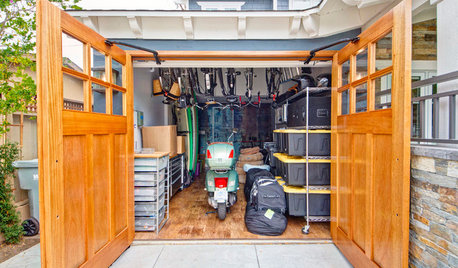
GARAGESHouzz Call: How Do You Put Your Garage to Work for Your Home?
Cars, storage, crafts, relaxing ... all of the above? Upload a photo of your garage and tell us how it performs as a workhorse
Full Story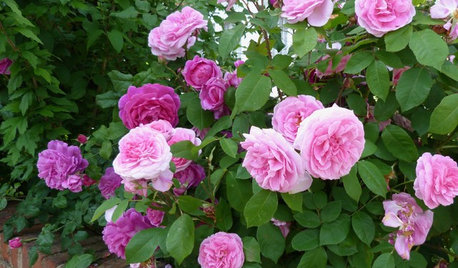
GARDENING GUIDESWhat Kind of Roses Should You Grow?
Want to add the beauty of roses to your garden? Find out which ones, from old-fashioned to modern, are right for you
Full Story
BATHROOM DESIGNThe Funniest Bathrooms on Houzz
Check out these creative loos for a chuckle, then share your own fun bathroom designs
Full Story
WINTER GARDENINGPruning Secrets for Exquisite Roses
Encourage gorgeous blooms year after year with this time-tested advice on how to prune your rosebush in winter for health and shape
Full Story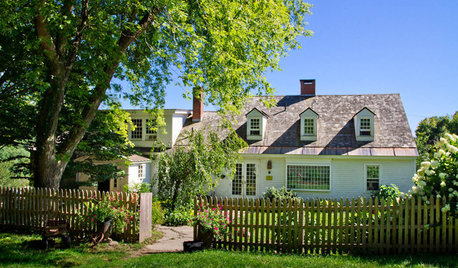
LIFECreate a 'Forever House' Connection
Making beautiful memories and embracing your space can help you feel happy in your home — even if you know you'll move one day
Full Story





pamghatten
bulldinkie
Related Professionals
Wixom Landscape Architects & Landscape Designers · Mount Wilson Landscape Architects & Landscape Designers · Brookline Landscape Contractors · Fridley Landscape Contractors · New Brighton Landscape Contractors · Oviedo Landscape Contractors · Ponte Vedra Beach Landscape Contractors · Salem Landscape Contractors · Midvale Fence Contractors · Modesto Fence Contractors · River Edge Fence Contractors · Santa Barbara Fence Contractors · Thousand Oaks Fence Contractors · Grafton Decks, Patios & Outdoor Enclosures · Hyattsville Decks, Patios & Outdoor EnclosuresGennyM
pamghatten
goodhors
Dibbit
cnvh
goodhors
Dibbit
miye
SilverVista